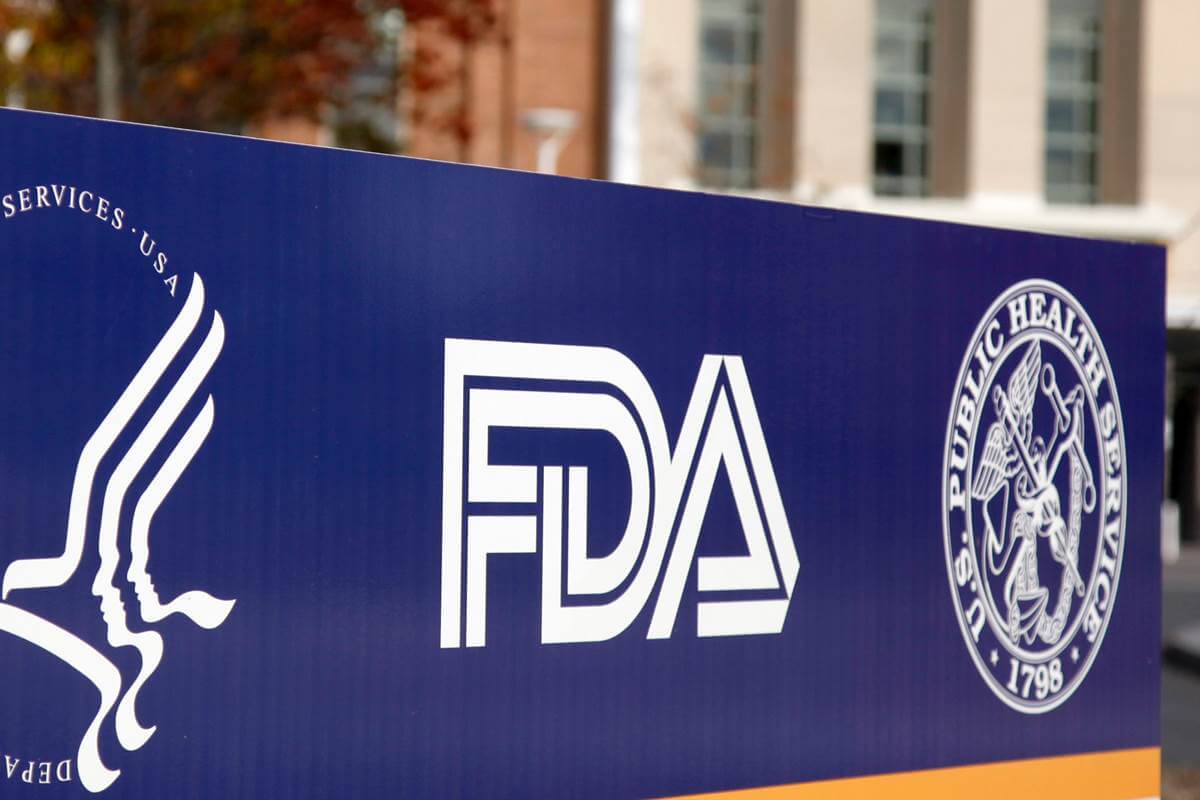Pharmaceutical and medical device companies have been complaining for years that the FDA approval process is long and expensive, stifling medical innovation. In response, legislators have included new language in health bills that would allow drug and device manufacturers to use real-world evidence as justification for approval. But some people, like FDA Commissioner Robert Califf, believe this could be a terrible mistake.
Dr. Califf called the move a “total misfire,” and doesn’t believe real-world evidence should be elevated to the same status as randomized controlled clinical trials. Consumer advocacy group Public Citizen shares his sentiment that using real-world evidence would put patients at an increased risk of using bad drugs or defective devices.
Supporters of real-world data believe advances in technology like cloud computing will give them access to information not captured in clinical trials. While this might be true, outside of a clinical setting, how reliable would this information be?
The FDA will soon release writings to clarify how it will accept real-world evidence. But the controversy will not likely end there. Even without the use of real-world evidence, clinical trials themselves have sometimes come up short.
This was the case with the popular blood pressure medication Benicar. While managing blood pressure is often a lifelong commitment, the clinical trial that led to the drug’s approval only lasted three months. Benicar is now known to cause a serious condition called sprue-like enteropathy and some believe the clinical trials were insufficient to detect this side effect of the drug.
The same concerns have been expressed over the Essure contraceptive device, for which clinical trials only lasted one year. Essure was on the market for more than ten years before reports of severe complications caused the FDA to issue the device a black box warning.

